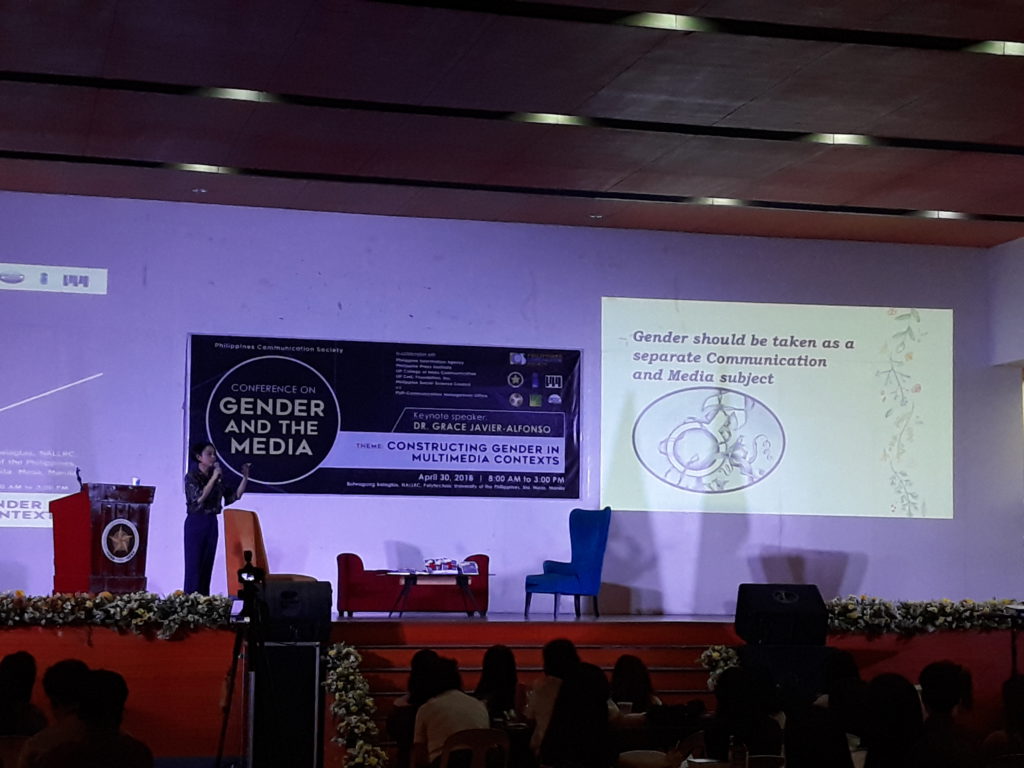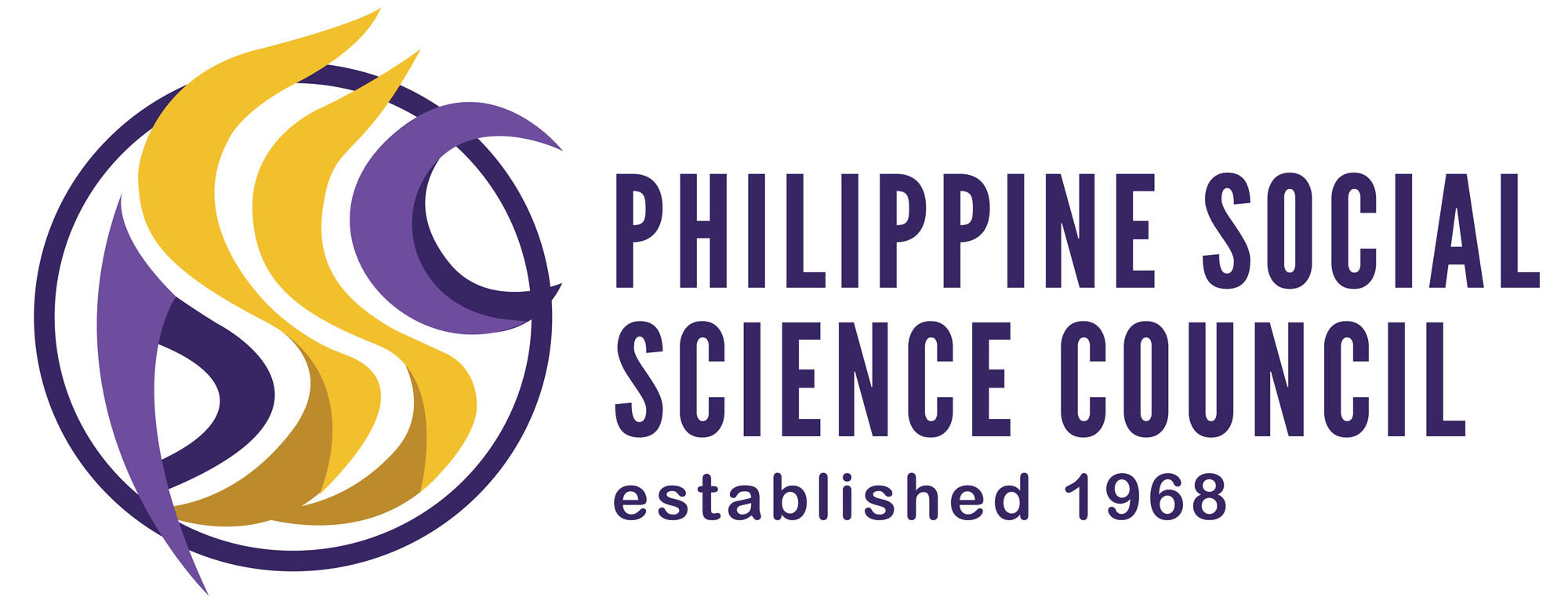
Mainstreaming Gender Equality and Gender Sensitivity in Philippine Media
Dates of Implementation/Duration: January 2017 to December 2017
Partner Institution: UNESCO-HQ (multilateral organization), Philippine National Commission for UNESCO (government)
Objectives:
a. To assess the implementation of legal and regulatory instruments promoting the fair and sensitive treatment of women and LGBTQ professionals in the workplace and media text; and
b. To assess the presence of the gender discourse in the curriculum of communication/media programs in higher education institutions as well as the training programs for media professionals;
c. To develop course packs on gender for students of journalism, media and communication.
Project Description:
The project entailed the preparation of research papers assessing gender-inclusivity in the: (a) codes and guidelines in news media; and (b) curricula of university programs in media and in other media training programs. The project team presented the results of the two research papers during a two-day forum-workshop held on 18-19 August 2017 at PSSC. The forum-workshop also provided an opportunity for the team to solicit inputs for the gender and media course pack from the participants—mostly media researchers and practitioners from print and broadcast media. PSSC also organized an intergenerational dialogue among media scholars, media practitioners, and gender advocates on 25 October 2017 to allow the sharing of their own experiences and observations, as well as identify best practices for dealing with gender concerns in media.
PSSC’s final outputs include:
a. publication titled Mainstreaming Gender Equality and Sensitivity in Philippine Media containing the two assessment papers, as well as the summary of proceedings of the forum-workshop and the intergenerational dialogue;
b. booklet containing two course packs on Gender, Culture, and Society and on Gender, Media, and Communication, each including structured learning activities, links to online resources, and a list of reading materials; and
c. wafer USB cards which show an infographic representation of the gender-sensitive checklist for media practitioners and which contain a compendium of relevant codes of ethics, gender-sensitive indicators and reporting guides, and other resources for media.
